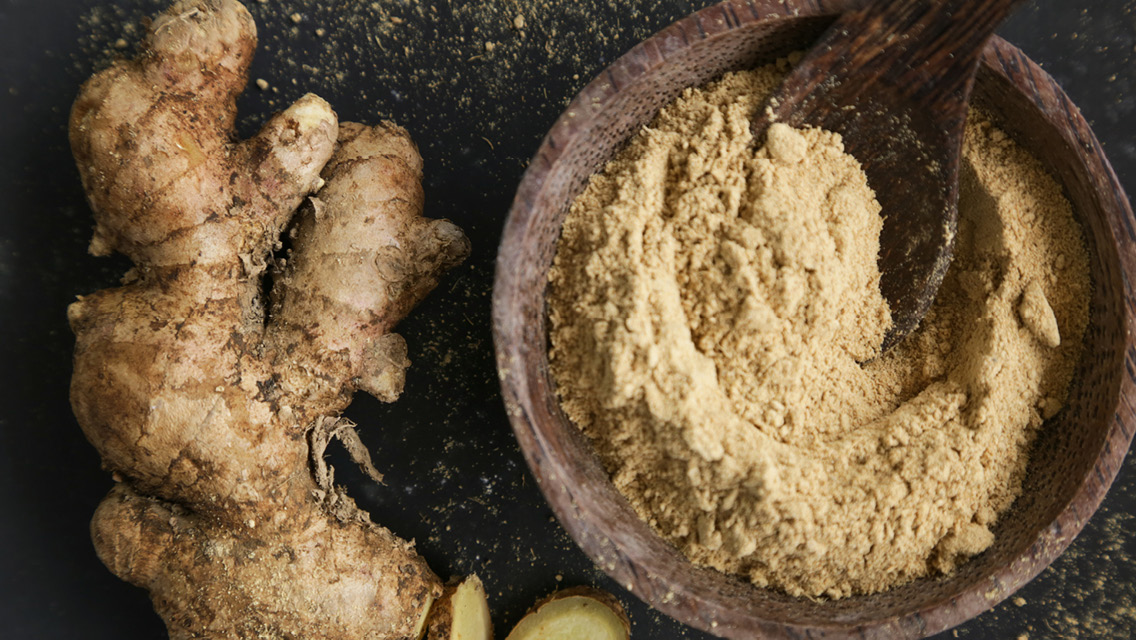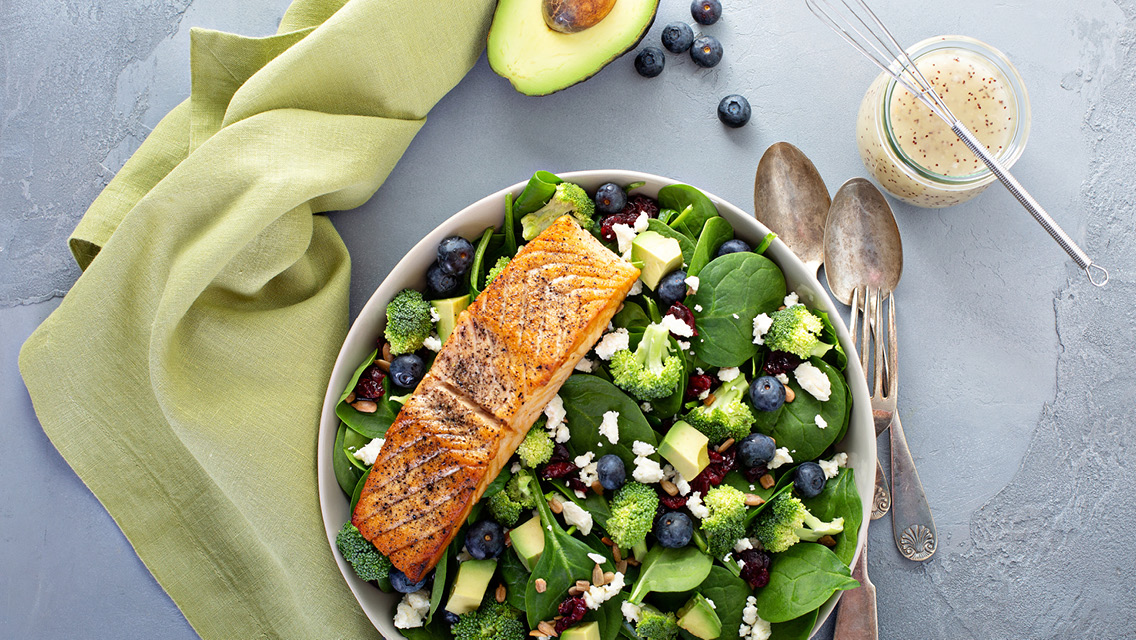When the inflammation response gets stuck in the “on” position, it’s due to two primary mechanisms, explains naturopathic doctor Cassie Wilder, NMD, founder of the Minneapolis Integrative Medicine Center.
The first is the presence of a continuous trigger: This might be an infection, polluted air, other environmental toxins, a disrupted gut microbiome, or excess visceral fat, which can produce inflammatory cytokines. (Notably, the stress hormone cortisol is implicated in the accumulation of visceral fat, which also links chronic stress to runaway inflammation. See “How to Balance Your Cortisol Levels Naturally” for more.)
The second is when the body lacks the resources it needs to quell inflammation. “If your immune system is rundown from chronic stress, poor sleep, and a poor diet, your body doesn’t have what it needs to go out and fight the inflammation being presented to it,” says Wilder.
These two factors — a continuous trigger and lack of resources — can also work in tandem.
This was excerpted from “How Chronic Inflammation Affects Your Health” which was published in the March 2023 issue of Experience Life.





This Post Has 0 Comments